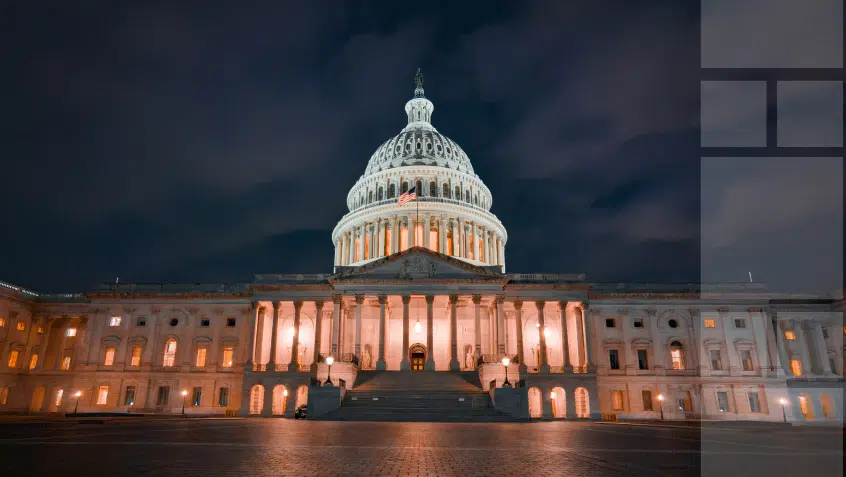Join Us Live for a Discussion on Medicare, Democracy, and the Future of Health Care
Senate Budget Bill Doubles Down on House’s Threat to Health and Economic Security

On Monday, Senate Republicans released key reconciliation bill language, outlining plans to slash Medicaid, Medicare, the Affordable Care Act (ACA), and the Supplemental Nutrition Assistance Program (SNAP) in order to pay for tax cuts that disproportionately benefit high-income earners. Despite advocates’ hopes that the Senate might reject or moderate the House bill, it instead doubles down on harmful policies—seeking even deeper reductions and doing even more damage.
Millions Would Lose Health Coverage, Food Assistance, and Economic Security
Like the House bill, the Senate’s proposals would strip health coverage and access to food from millions of Americans, including older adults and people with disabilities, caregivers, children, and working families. The consequences of these extreme cuts would reverberate across the country and throughout the health care system, resulting in more preventable deaths, more hospital closures, more dangerous nursing homes, and higher health care costs for everyone.
Senate Plan Goes Even Further Than the House
But the Senate bill would go even further. Their Medicaid cuts eclipse the House’s, which already represented the largest rollback in the program’s history. This would push greater costs onto states, providers, communities, taxpayers, and ultimately onto low-income Americans who would lose the services they need to live with health, dignity, and independence.
Programs That Help People with Medicare Are Under Attack
Together, these cruel and short-sighted proposals financially benefit those with higher incomes by terminating food assistance and health coverage for those who can least afford it. This includes Medicare enrollees who also have Medicaid, and with it, access to Medicare Savings Programs and the Part D Low Income Subsidy—programs that help them pay for coverage, care, and other necessities. Both bills would take this assistance away from millions, putting their lives and well-being at risk. At the same time, the bills would impose punitive Medicaid rules, restrict ACA affordability, limit Medicare eligibility, and gut SNAP, causing more than 16 million people to become uninsured and countless more to experience food insecurity, economic instability, and reduced access to care. These harms would have destabilizing effects throughout the economy, undermining system-wide stability and affordability.
The Clock Is Ticking: Final Vote Could Come by July 4
Despite the catastrophic, irreparable damage their bill would do, Senate Republicans plan to vote on it next week. Since both chambers must pass an identical bill for it to become law, the House would then vote again. That could happen quickly, as Republicans are eyeing a July 4 deadline for final passage.
This rushed schedule means now is the time to go all in with your advocacy. Contact your lawmakers, activate your networks, attend events where your lawmakers will be present, and engage your local media.
Spread the word about what’s happening in Washington!
Your communities are at risk, and polling indicates not enough people are tracking the bill or pushing back.
Time is of the essence: Your Senators need to know their constituents oppose this bill and are watching what they do. Weigh in here! Share this message on social media and elsewhere to amplify your reach.
Take Action Now
Read more from KFF about what’s in the House and Senate bills.
Show Comments
We welcome thoughtful, respectful discussion on our website. To maintain a safe and constructive environment, comments that include profanity or violent, threatening language will be hidden. We may ban commentors who repeatedly cross these guidelines.
Help Us Protect & Strengthen Medicare
Donate today and make a lasting impact
More than 67 million people rely on Medicare—but many still face barriers to the care they need. With your support, we provide free, unbiased help to people navigating Medicare and work across the country with federal and state advocates to protect Medicare’s future and address the needs of those it serves.
The Latest
Most Read
Add Medicare to Your Inbox
Sign up to receive Medicare news, policy developments, and other useful updates from the Medicare Rights.
View this profile on InstagramMedicare Rights Center (@medicarerights) • Instagram photos and videos









